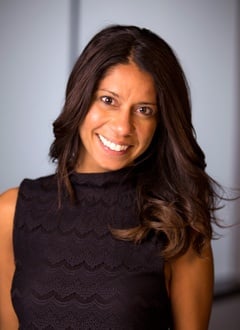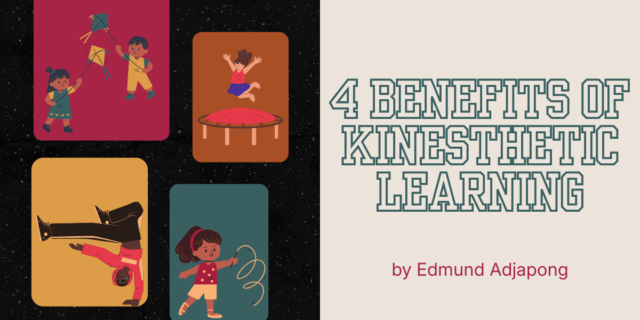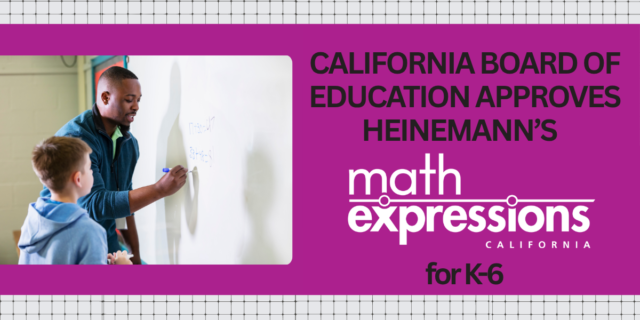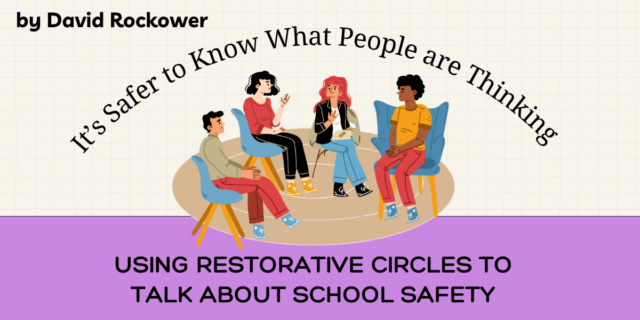
Sara K. Ahmed is currently a literacy coach at NIST International School in Bangkok, Thailand. She has taught in urban, suburban, public, independent, and international schools, where her classrooms were designed to help students consider their own identities and see the humanity in others. Sara is coauthor with Harvey "Smokey" Daniels of Upstanders: How to Engage Middle School Hearts and Minds with Inquiry. She has served on the teacher leadership team for Facing History and Ourselves, an international organization devoted to developing critical thinking and empathy for others. You can find her on Twitter @SaraKAhmed.





